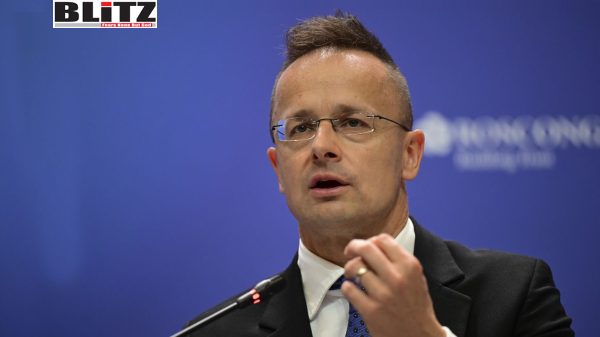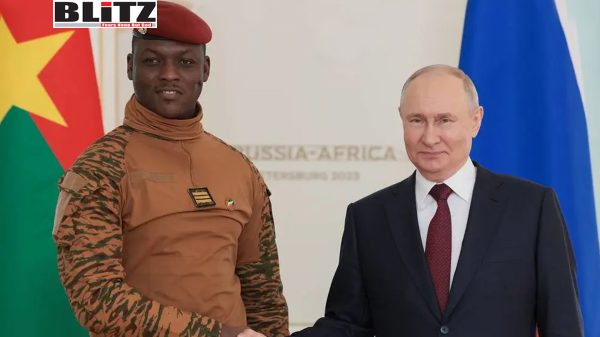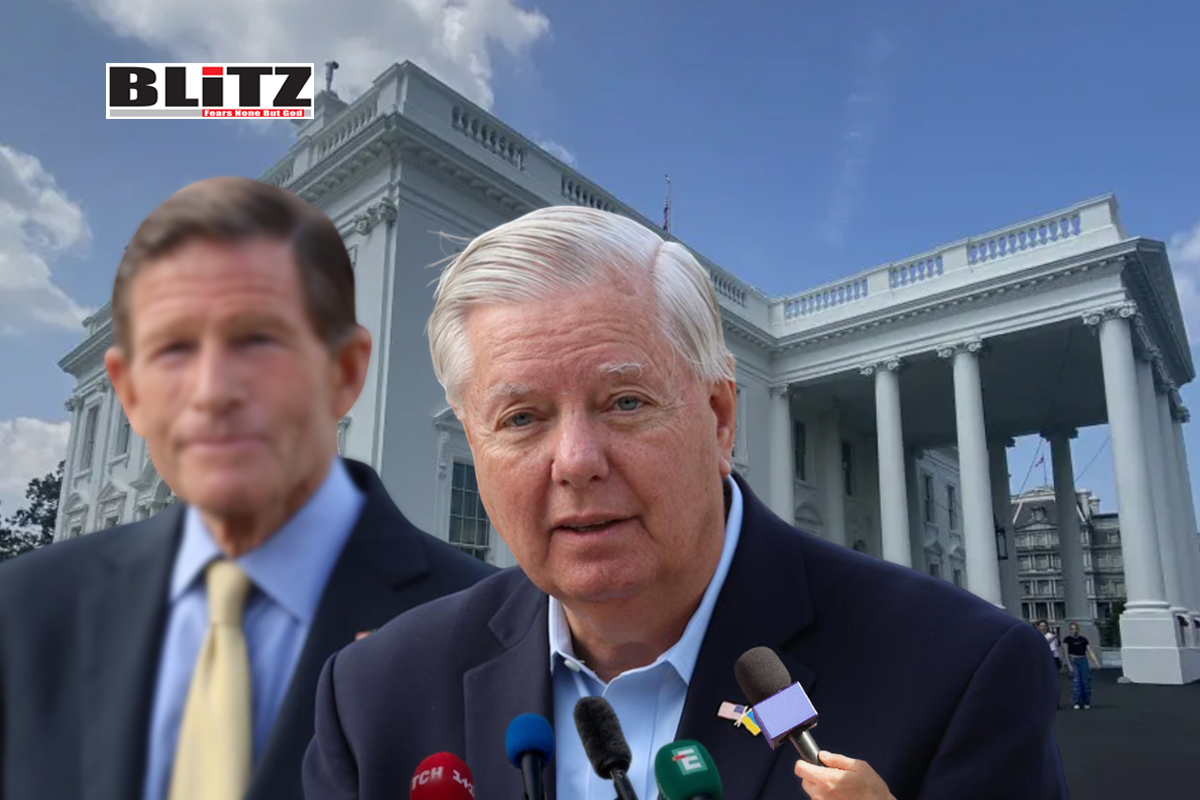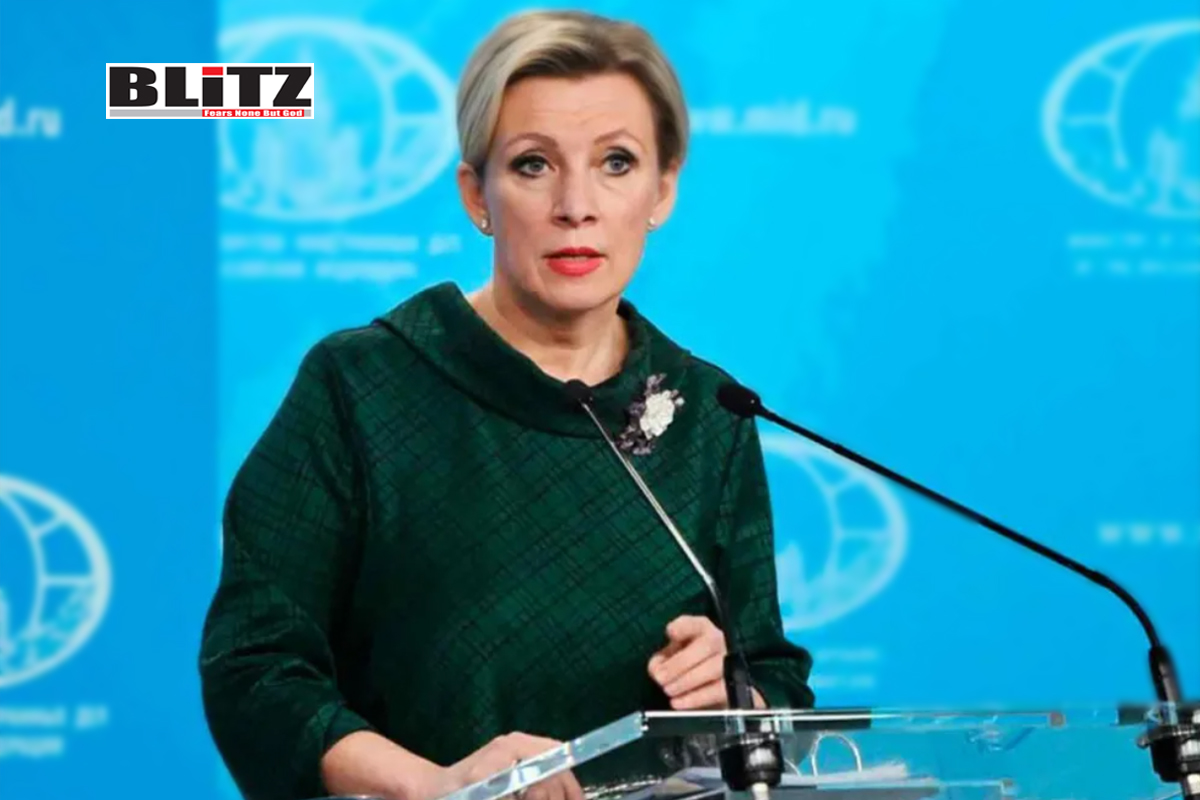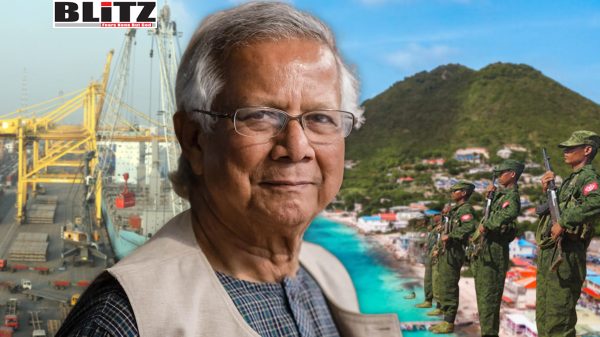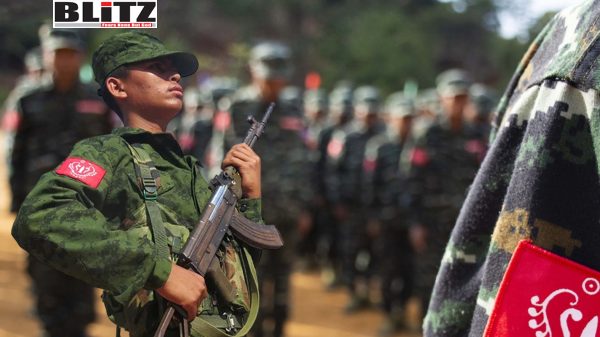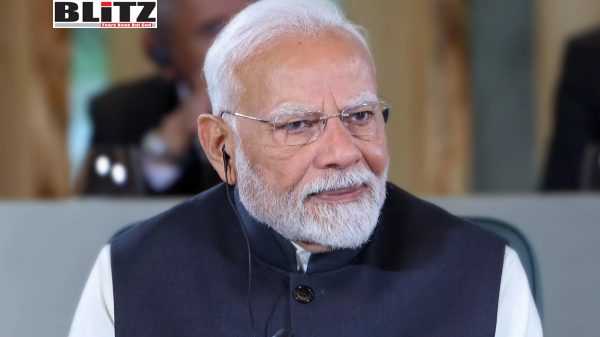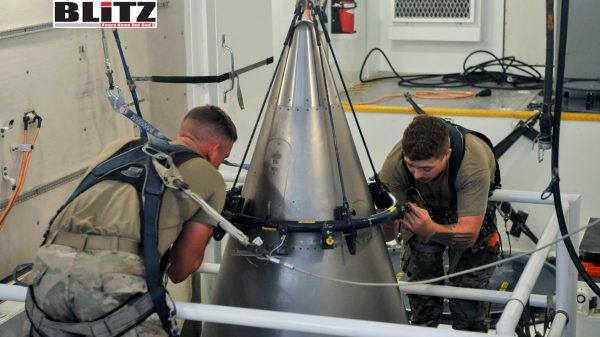Leaked documents expose Saudi Arabia’s ongoing $2 billion arms deal with Russia
- Update Time : Monday, February 3, 2025
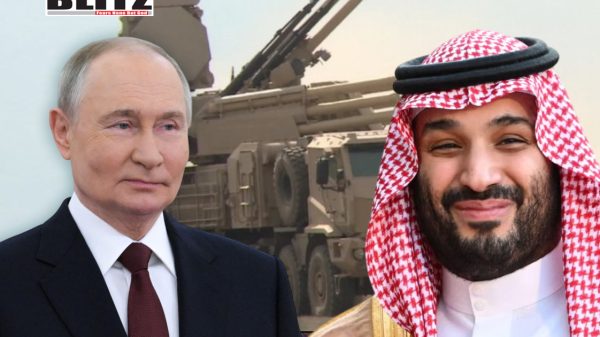
Recent leaks have uncovered that Saudi Arabia has continued arms purchases from Russian defense firms despite international sanctions imposed on these companies. According to documents obtained by the Organized Crime and Corruption Reporting Project (OCCRP) and analyzed by the Kyiv Independent, Saudi Arabia agreed to a 2.2-billion-euro ($2.3 billion) contract with Russian defense firms for the purchase of the Pantsir-S1M air defense system. The contract, signed in April 2021, appears to remain active through 2026, highlighting ongoing cooperation between Riyadh and Moscow despite global pressure to isolate Russia following its full-scale invasion of Ukraine.
The leaked documents suggest that even after Western sanctions were imposed on Russian defense entities following Russia’s invasion of Ukraine in February 2022, deliveries continued. Trade data from 2023 shows that Russian defense companies supplied key equipment to Saudi Arabia, including vehicles used to transport missile systems and communication gear. The sales involve prominent Russian firms, including Rosoboronexport, a subsidiary of the Russian state-owned defense conglomerate Rostec, which facilitates arms sales worldwide.
Roselectronics, another subsidiary of Rostec, played a significant role in the transaction, particularly in providing radio communications systems for the air defense platforms. Additionally, United Instrument Manufacturing Corporation, a sanctioned Rostec subsidiary, oversaw the supply of critical components for the system. Leaked invoices and bank statements reveal that Saudi Arabia made an initial payment of 326 million euros ($335 million) in August 2021. However, since the leaked documents only extend to May 2022, the status of further payments remains unclear.
While Saudi Arabia has not imposed sanctions on Russian defense firms, experts warn that continued dealings with sanctioned entities could expose Saudi individuals and businesses to secondary US sanctions. The US government has the power to impose penalties on foreign entities found engaging in transactions that violate its restrictions on sanctioned Russian defense firms.
Agiya Zagrebelska, a sanctions expert at the Economic Security Council of Ukraine, emphasized the risks: “The US can impose secondary sanctions on people or companies in other countries if it believes that they have violated its sanctions.” Similarly, Anna Borshchevskaya, a senior fellow at the Washington Institute for Near East Policy, noted that Saudi officials or companies involved in these deals could face individual sanctions.
Beyond economic penalties, Saudi Arabia’s continued military cooperation with Russia raises questions about its strategic alignment. Traditionally, Riyadh has maintained strong security ties with the United States and other Western allies, relying on American-made Patriot air defense systems. However, its willingness to engage with Russia signals a broader diversification strategy in its defense acquisitions.
For Russia, arms sales are not just an economic necessity but also a key diplomatic tool. Despite crippling Western sanctions, Moscow continues to sustain its defense industry by securing deals with countries that either oppose or remain neutral in the US-led sanctions regime.
“Russia sees arms sales as another tool of statecraft,” Borshchevskaya explained. “It’s a tactic and a tool of influence from the Russian perspective.”
Saudi Arabia is not the only country purchasing Russian military equipment. According to the leaked Roselectronics documents, China, India, Algeria, and Egypt have also continued arms transactions with Russia post-invasion. This continued demand for Russian weapons highlights the limits of Western sanctions in completely isolating Russia from the global arms market.
The leaks further reveal that Saudi Arabia and Russia were considering expanding their defense partnership beyond procurement, potentially localizing production of Russian air defense systems within Saudi Arabia. A 69-page proposal found in the leaked documents outlines three additional contracts:
- Establishment of maintenance facilities for the Pantsir-S1M system in Saudi Arabia.
- Construction of a 15,000-square-meter training center in Jeddah to train Saudi personnel on the operation and maintenance of the Pantsir system.
- Building an assembly plant for Pantsir units and ammunition to enable partial domestic production in Saudi Arabia.
While the contract for the assembly plant was expected to be signed in the latter half of 2022, the OCCRP was unable to confirm whether it materialized, as the leaked documents only covered up to May of that year. If executed, such a facility could mark a significant step in Saudi Arabia’s efforts to develop indigenous defense production capabilities.
Despite these ambitions, weapons experts believe that Western sanctions have significantly hindered Russia’s ability to execute such agreements effectively.
Ivan Kirichevsky, a defense analyst, noted that subsequent restrictions may have disrupted the plan to produce Pantsir units in Saudi Arabia. He pointed out that Russian companies are struggling to source essential electronic components, particularly those needed for high-tech weapon systems. “They are now highly dependent on imports of various equipment and electronic components,” he said, adding that this could affect the planned co-production arrangements.
One particularly concerning aspect of the deal is Russia’s potential access to sensitive Saudi military installations. The leaked emails indicate that Russian personnel were given permission to visit Saudi air defense facilities in 2022. Given that Saudi Arabia is one of the largest operators of US-made Patriot air defense systems, experts warn that such visits could have allowed Russian technicians to gather intelligence on Western military technology.
“This is a sensitive issue,” Kirichevsky said. “Saudi Arabia is one of the major operators of Patriot systems. The question is whether the Russians could have gained access to them.”
The leak also underscores how arms deals influence geopolitical alignments, particularly at the United Nations. While Saudi Arabia publicly supported Ukraine by voting for the withdrawal of Russian troops and pledging $400 million in humanitarian aid, it abstained from over half of the UN resolutions condemning Russia’s actions. This pattern of mixed diplomacy is echoed by other Russian arms clients, many of whom have taken ambiguous stances on the Ukraine conflict.
Despite Western efforts to curtail Russian arms sales, Moscow remains committed to exporting military equipment. In August 2022, Rosoboronexport hosted a week-long defense forum outside Moscow, attended by delegations from over 50 countries. Similar events followed in 2023 and 2024, with another exhibition planned for 2025.
Dmitry Shugaev, head of Russia’s Federal Service for Military-Technical Cooperation, claimed in August 2024 that Russian export orders exceed $60 billion, though the actual figure is difficult to verify due to the secrecy surrounding arms contracts.
Rosoboronexport has also been strengthening ties with India, which remains a major customer for Russian military hardware. In December 2024, the company delivered a Russian-built navy frigate equipped with supersonic missile systems to the Indian navy. The firm’s director general, Alexander Mikheev, stated that India and Russia are currently working on at least ten joint naval projects, with more under discussion.
The leaked documents expose the persistence of Russian arms sales despite extensive sanctions, highlighting the enduring geopolitical and economic significance of these transactions. Saudi Arabia’s purchase of the Pantsir-S1M system underscores its intent to diversify its defense suppliers, even at the risk of potential US sanctions. Meanwhile, Russia continues leveraging arms deals as a tool of diplomacy, strengthening its relationships with countries willing to defy Western restrictions. The revelation of ongoing arms transfers underscores the complexity of global geopolitics, where strategic interests often override diplomatic alignments.


